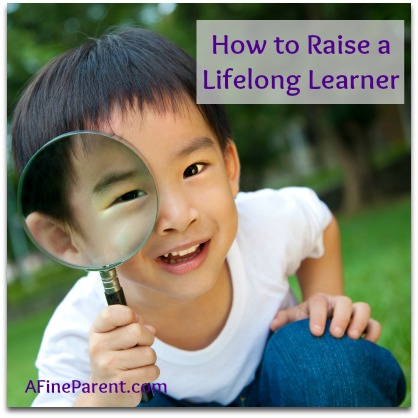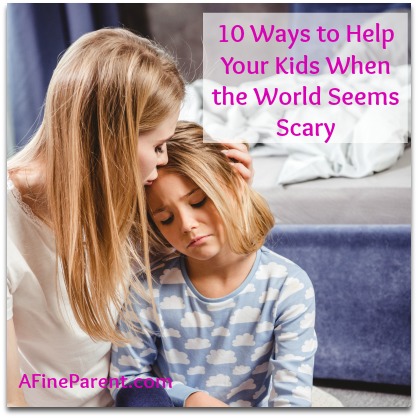 I love learning. I love knowing and discovering new things.
I love learning. I love knowing and discovering new things.
It’s one of the reasons I decided to homeschool my children. I wanted them to observe my excitement about discovering new things and develop their own love of learning.
In the third year of our homeschooling journey, I read a book that suggested I compose a mission statement for what I wished to accomplish during our homeschooling years.
Aside from teaching our children to be compassionate and caring individuals, the third value I wanted to instill in them was to be lifelong learners.
That was two years ago, and since then I’ve learned a few things about raising lifelong learners.
Lifelong learners is a term to describe someone who desires to be a forever student. They’re always exploring, thinking, creating, wondering, discovering, questioning – maybe about a particular subject or generally.
Any parent wants their child to learn, but I wondered: what’s the value of being a lifelong learner?
Research has shown that lifelong learning has a vast impact on brain health, building confidence, and furthers children’s socialization skills. It also provides greater career opportunities and sharpens the ability to communicate.
Raising a child who is a lifelong learner is not hard. But it takes time and patience, just like any other aspect of parenthood!
When we give our children the gift of loving to learn we equip them in an insatiable desire to understand their evolving world and the relationships they have.
One of the most beneficial aspects I’ve experienced in my journey to creating lifelong learners is the relationship I’ve developed with my children. I’m able to watch their face light up when they understand a concept or witness them walking themselves through a process of steps to build a fort.
I’m reminded that they’re real people, with passions, desires, and creativity coursing through them like a river.
When we show them we’re on their side, that we want to help them, they learn the value of being a good parent.
And that’s the best thing they can learn.
Here are some ways to I’ve begun cultivating the lifelong learner in my children.
 In our house, Christmas is a work in progress, as far as gratitude goes.
In our house, Christmas is a work in progress, as far as gratitude goes. Change. One of the many things in life that is inevitable. We as adults have learned this through time and experience.
Change. One of the many things in life that is inevitable. We as adults have learned this through time and experience. A few weeks ago I discovered a wonderful opportunity to take a course that involved traveling from away from home one weekend a month to train in creative writing as a therapist.
A few weeks ago I discovered a wonderful opportunity to take a course that involved traveling from away from home one weekend a month to train in creative writing as a therapist. It was a normal evening, full of dinner making and homework and activity. My youngest sat at the table doing a math worksheet, my oldest was practicing her flute, and my son was shooting hoops. I stood at the stove, chopping an onion for the sauce. Normal.
It was a normal evening, full of dinner making and homework and activity. My youngest sat at the table doing a math worksheet, my oldest was practicing her flute, and my son was shooting hoops. I stood at the stove, chopping an onion for the sauce. Normal.